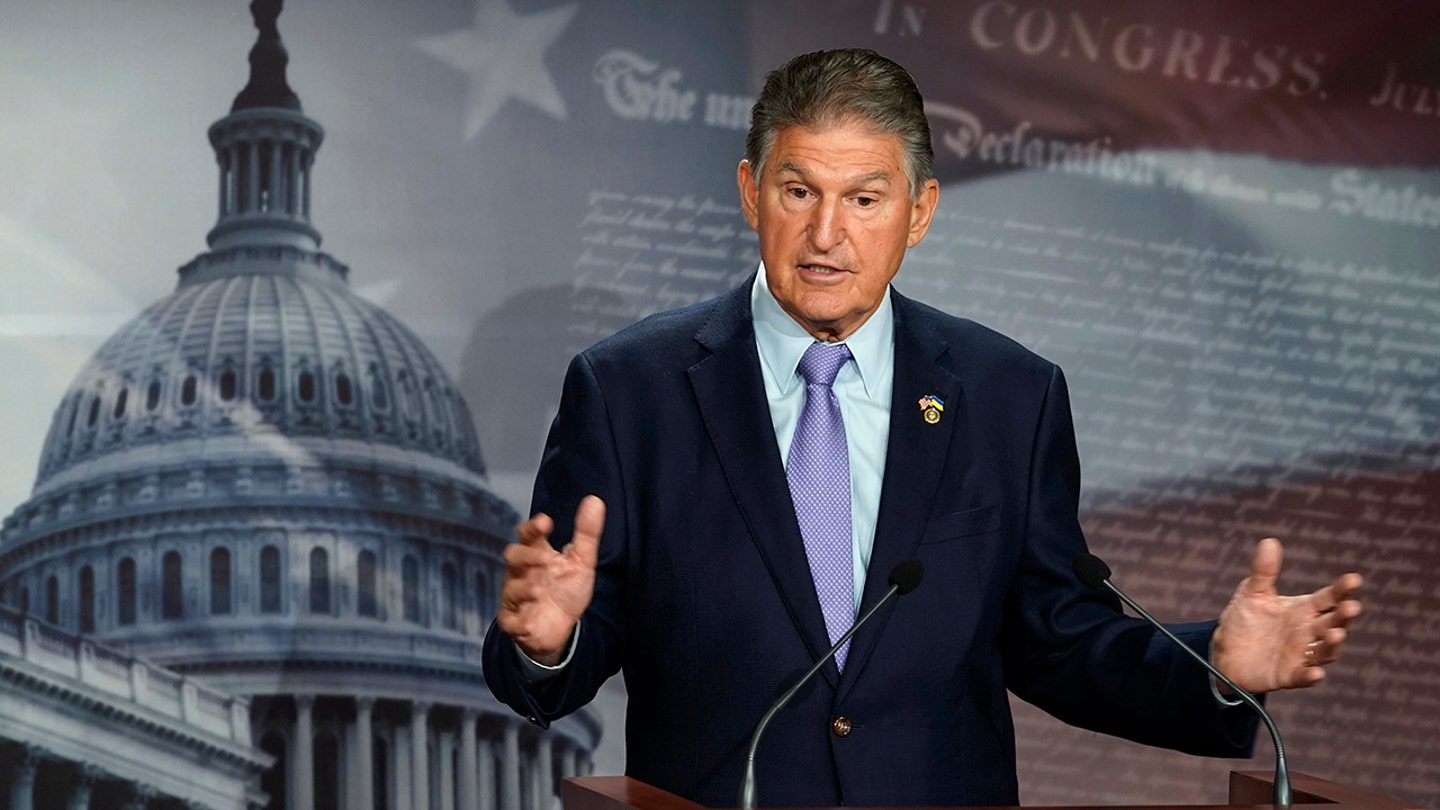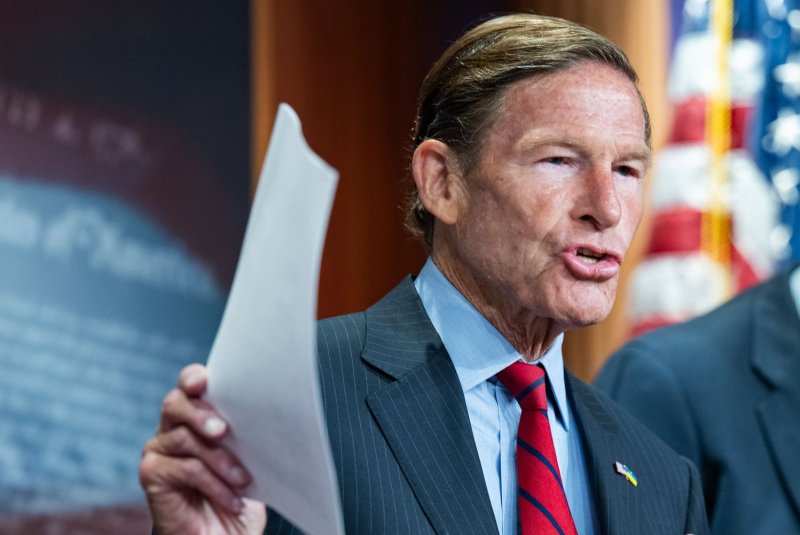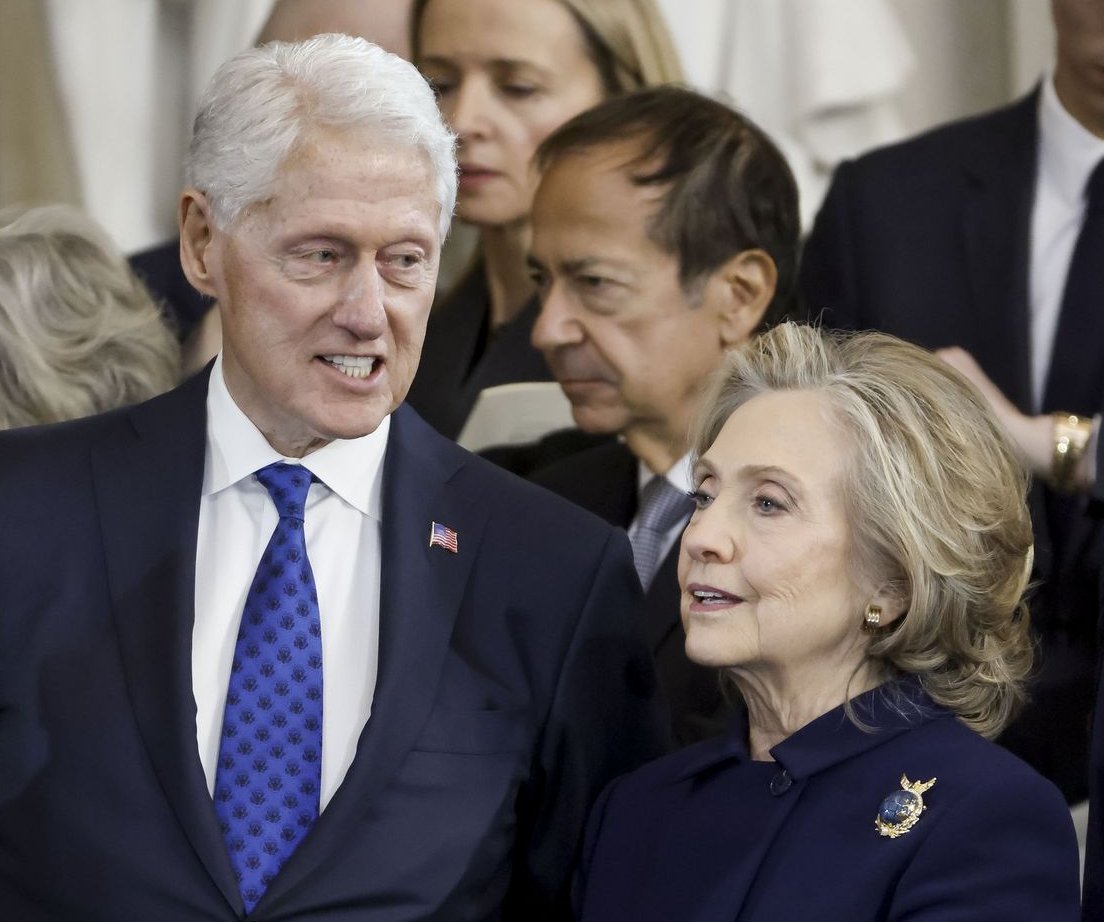Manchin tells Fox News Digital he has had the ‘living crap’ beat out of him for supporting the project and noted Republicans voted against it in December
The debt ceiling agreement announced earlier this week by House Republicans and President Biden includes a provision to fast-track permitting for MVP. After the bill’s text was released, Republican leaders immediately cheered the provision and said they had successfully pushed for the White House to agree to include it.
And Wednesday, sources close to the negotiations told Fox News Digital that House Republicans were responsible for the provision and only called on Manchin to request the White House withdraw its opposition late in the talks. While he praised Republican leaders for supporting the pipeline, Manchin said it was ultimately his longstanding and persistent advocacy for the project that won the White House over.
JOE MANCHIN ABRUPTLY TANKS BIDEN NOMINEE PICKED TO OVERSEE ADMIN’S CRACKDOWN ON GAS STOVES
“It’s bulls— because they knew there was not going to be a problem on the Democratic Senate side or the Democrat president and his staff because they were the ones who supported it and got us 40 votes in the Senate when we voted,” Manchin said.
“It was the Republicans that killed us when we voted last time — only got seven votes. And the Republicans have always supported permitting. The only reason they wouldn’t support that is because of the Republicans being upset about the [Inflation Reduction Act]. That’s it. So it got caught in the politics.”
The Inflation Reduction Act, the climate and tax legislation Manchin helped craft and introduce in August, originally included provisions broadly reforming federal infrastructure and energy permitting, and also green-lighting the MVP project. However, that section was separated from the legislation under congressional reconciliation rules.
With the support of the White House and Senate Majority Leader Chuck Schumer, D-N.Y., Manchin then introduced the separated provisions including the MVP portion as an amendment to the Fiscal Year 2023 National Defense Authorization Act in December. However, in a 47-47 vote, the amendment failed to meet the 60-vote threshold needed to pass and received just 7 Republican votes in favor.
Still, Rep. Carol Miller, R-W.Va., who has been a vocal proponent of the project, said the MVP pipeline was included in the debt ceiling deal thanks to the Republican majority in the House.
ECO GROUPS BLAST BIDEN ADMIN FOR SUPPORTING JOE MANCHIN’S PET PROJECT
“As I’ve said from the beginning, the completion of the Mountain Valley Pipeline is a product of the bipartisan, bicameral work done by the entire West Virginian delegation,” Miller told Fox News Digital in a statement Thursday. “When Republicans took back the House of Representatives, we made finishing the Mountain Valley Pipeline a top priority, something that wasn’t able to be accomplished when Democrats had full control of the government.”
“Speaker McCarthy and the rest of the leadership team knew the Fiscal Responsibility Act was the path to complete the Mountain Valley Pipeline, and so we did. West Virginia and the United States will greatly benefit from the economic gain and energy production that will come out of the Mountain Valley Pipeline,” Miller said.
Sen. Shelley Moore Capito, R-W.Va., the ranking member of the Environment and Public Works Committee, also applauded Republican leadership for including the project.
“After working with Speaker McCarthy and reiterating what completing the Mountain Valley Pipeline would mean for American jobs and domestic energy production, I am thrilled it is included in the debt ceiling package that avoids default,” she said in a statement Sunday.
Chief Deputy Whip Guy Reschenthaler, R-Pa., who was involved in debt ceiling negotiations, added Wednesday that it was a “bipartisan, bicameral effort” to get the pipeline included.
Rep. Garret Graves, R-La., another member of the negotiation team, though, told reporters Tuesday that the White House put the project “on the table” during talks.
Additionally, Tom Karam, the CEO of MVP’s developer Equitrans Midstream Corporation, said Manchin was the lead “quarterback” ensuring that the pipeline was included as a provision in the debt ceiling bill. He noted that Manchin first reached out to him in February 2022 after a key MVP permit was revoked by an appeals court to ask how he could assist in securing federal approval for the pipeline.
“It was from that point that he really took up the mantle and championed Mountain Valley Pipeline as a critical infrastructure issue,” Karam told Fox News Digital in an interview Thursday. “There were fits and starts along the way, as have been well documented.”
“But by the time we got to the near term here, it was actually Senator Manchin who was an effective quarterback to build the requisite bipartisan support, bicameral and bipartisan support, and to include the White House,” he continued. “That made [the MVP provision] a viable and valuable insertion into this debt ceiling legislation.”
“I did not interact with the White House,” Karam said. “It was actually Senator Manchin all along who had been communicating with the White House prior to the debt ceiling negotiations and certainly almost on a continual basis from the inception of those negotiations.”
Karam added that he engaged with several lawmakers on the issue amid debt ceiling negotiations, holding 13 separate meetings last week to reiterate the importance of permitting the pipeline.
According to Equitrans Midstream, MVP would transport approximately 2 billion cubic feet per day of natural gas from West Virginia to consumers in the Mid- and South Atlantic. The pipeline is projected to generate $40 million in new tax revenue for West Virginia, $10 million in new tax revenue for Virginia and up to $250 million in royalties for West Virginia landowners.
The pipeline has been significantly slowed by a lengthy permitting process. While the Bureau of Land Management and U.S. Forest Service recently provided it with key authorizations, it is still awaiting a U.S. Army Corps of Engineers permit and environmental groups have vowed to challenge permits in court.




